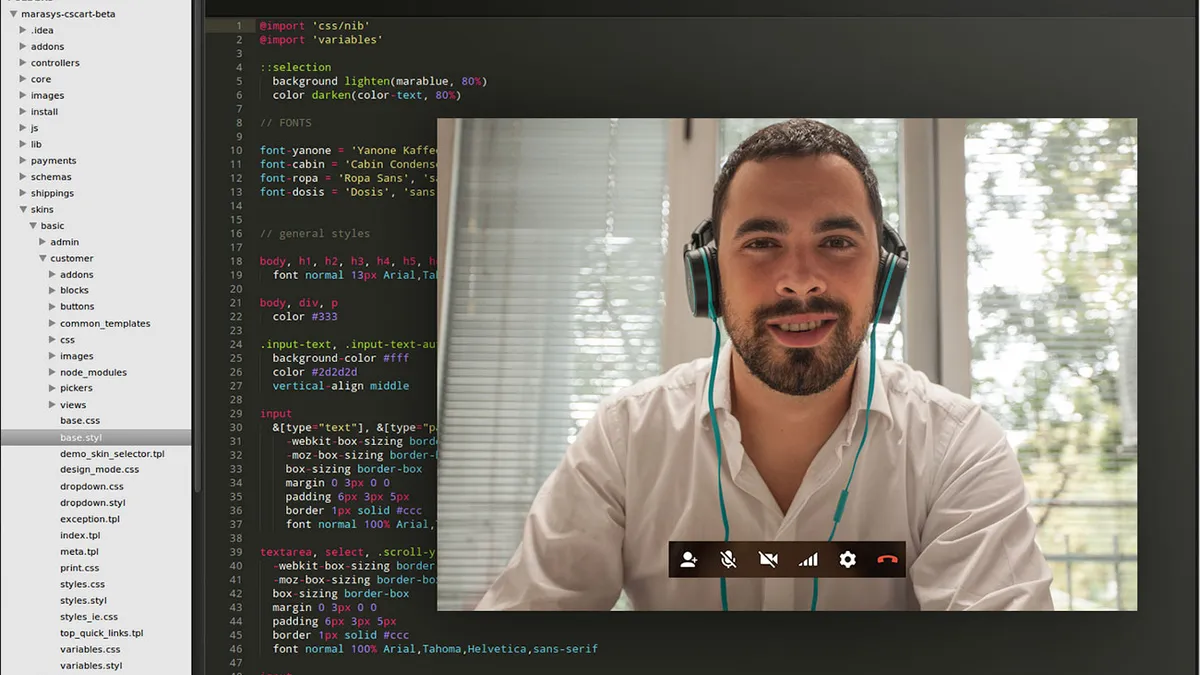Interest in coding bootcamps is on the rise. Course Report projects the growing sector will produce more than 16,000 graduates in 2015, up from less than half of that in 2014. The vast majority of these graduates already had bachelor’s degrees. Some were looking for promotions in their current workplaces while others signed up for intensive training to make a career change.
President Barack Obama has praised the bootcamp model, highlighting it as an important alternative to a longer, more expensive degree program for adults who want to become more marketable in their job searches. But coding bootcamps are still on the fringe. They don’t yet qualify for federal financial aid, though some could soon have access through the U.S. Department of Education’s experimental sites program. In many circles, coding bootcamps are still seen as a lesser alternative to traditional computer science degree programs.
Bloc is among the companies trying to change that reputation. The three-year-old online bootcamp provider is now offering a 48-week software engineering track that it says will fill the skills gaps that employers say bootcamp grads have when compared to their traditionally educated peers.
Chief Operating Officer Clint Schmidt says the track — which, if taken part-time, could take students up to 72 weeks — includes computer science fundamentals that top engineering companies continue to look for in employees. Schmidt says it’s a common refrain from employers — that computer science fundamentals are important and that they teach students how to think about software and how to use it to solve complex problems.
What’s more, the new software engineering track from Bloc comes with a job placement guarantee. Graduates are eligible for a complete reimbursement of the $24,000 tuition if they don’t find a job within four months that offers at least $60,000 per year.
“We’re designing this software engineering track to meet the very acute need in the market, but without requiring students to spend four years and a couple hundred thousand dollars in tuition to do it,” Schmidt said.
As tuition costs at traditional institutions have risen, prospective students have become very attuned to the return on investment of higher education. Coding bootcamps are providing a tempting alternative to a two- or four-year program, especially when they offer such job guarantees. The Viking Code School and the App Academy are both free, collecting tuition instead by taking a portion of their graduates’ salaries once they enter the workforce. Code Fellows, like Bloc, offers a refund to students who don’t find jobs using the skills they acquired through the program.
Overall, coding bootcamp graduates are about 60% male and 40% female, a significantly more egalitarian split than computer science departments see at all levels of traditional higher education.
As tech companies work to diversify their ranks, they may increasingly turn to graduates from nontraditional programs to do it. In a meritocratic industry, applicants who can demonstrate their ability can often get further than someone who has a big-name degree but little practical experience to show for it.
That’s one critique of traditional computer science programs — students don’t always get the hands-on experience they need to land their first jobs. Several coding bootcamps have incorporated project experience into their programs, including Free Code Camp, which places students with nonprofits that need programmers.
Lynn University has partnered with General Assembly on a “study abroad” opportunity for students who can spend a semester at a coding campus, with 10 weeks in a classroom and a six-week internship. This reflects a common practice throughout the history of higher education — nontraditional programs provide an alternative that gets incorporated into traditional programs.
The EQUIP experimental sites program may offer a more direct path for alternative programs to go mainstream. Schmidt sees dissonance with the traditional structures of the accreditation system, but he says the company is in talks with traditional colleges and universities about potential partnerships.
“Envisioning a program that meets accreditation requirements can be very different than a program that meets the requirements of the marketplace, and we will maintain our focus on what the market requests,” Schmidt said. “If university partners can adapt their focus to ours, we are willing partners.”
With exploding demand for software developers, there seems to be room — in the near-term at least — for training programs of all types.
Would you like to see more education news like this in your inbox on a daily basis? Subscribe to our Education Dive email newsletter! You may also want to read Education Dive's look at 3 cautionary tales in booking performers for campus events.













